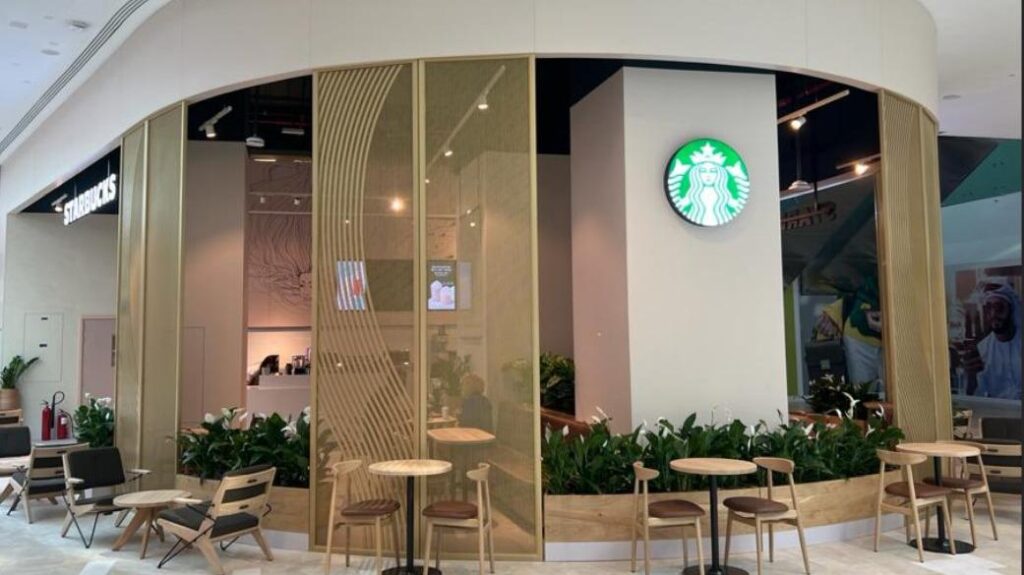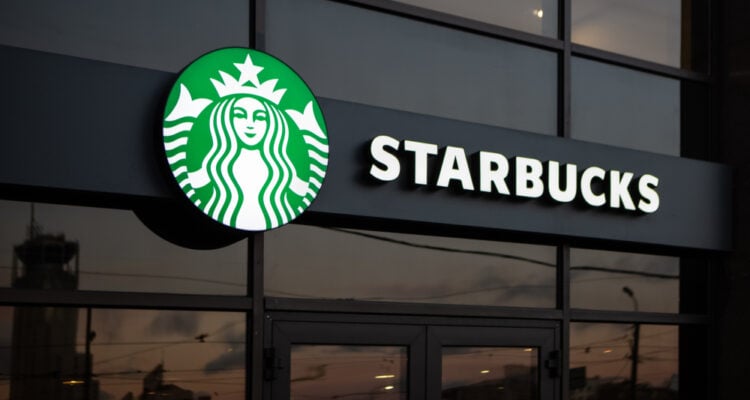The AlShaya Group, the Middle East’s franchise owner of Starbucks, recently disclosed plans to eliminate 2,000 positions, or 4% of the company’s 50,000 employees, in the Middle East and North Africa (MENA) region. This decision was made when the business has been dealing with difficult trading conditions for the past six months, which have been partly caused by a boycott of products associated with Israel’s conflict with Hamas.
Boycott Impact on AlShaya & Starbucks
The boycotts, fueled by suspicions of pro-Israel bias, have cast a shadow not only on AlShaya’s business but also on Starbucks itself. The franchise owner has faced protests, resulting in a notable downturn in sales that, in turn, has impacted royalty payments to Starbucks.
Legal Disputes & Social Media Backlash
Starbucks found itself amidst controversy when it took legal action against Workers United, a staff group advocating for union rights. The legal dispute involved accusations of trademark infringement and defamation related to a pro-Palestinian social media post, sparking protests and calls for boycotts.

Sales Decline Across Regions
Starbucks franchises in the Middle East and Southeast Asia are grappling with significant business losses attributed to the boycotts linked to the Israel-Hamas conflict. AlShaya Group, overseeing over 1,900 Starbucks outlets in the MENA region, reported a decline in sales, prompting the announcement of job cuts.
Global Impact & Appeal for Ceasing Boycotts
The repercussions of the boycotts have transcended regional boundaries, with Starbucks franchises in Malaysia reporting a substantial 38% slump in quarterly sales. The founder of the Malaysian-based investment company appealed to customers to halt the boycotts, emphasising Starbucks Malaysia’s status as a locally-owned entity.

Starbucks Response & Legal Resolutions
Starbucks responded to the concerns by stating the company would work closely with AlShaya to promote long-term growth in the region. The company boldly denied allegations of supporting and funding the Israeli government and military, clarifying that it does not have stores in Israel. Additionally, legal disputes with Workers United have been resolved, marking a step towards resolution.
Global Boycott Trend & Sales Forecast Cut
Starbucks Middle East is not the only case, as other high-street brands face calls for boycotts over alleged links to Israel or perceived support for the Israeli government. McDonald’s CEO also acknowledged the impact of “misinformation” on sales in the region. The fallout from the Israel-Hamas conflict prompted Starbucks to cut its global annual sales forecast in January, acknowledging a significant impact on traffic and sales in the affected regions.
The ongoing situations highlight the complex relationship between geopolitics, consumer feelings, and corporate strategies as companies struggle with issues brought on by regional crises that have a global impact.




























Add Comment